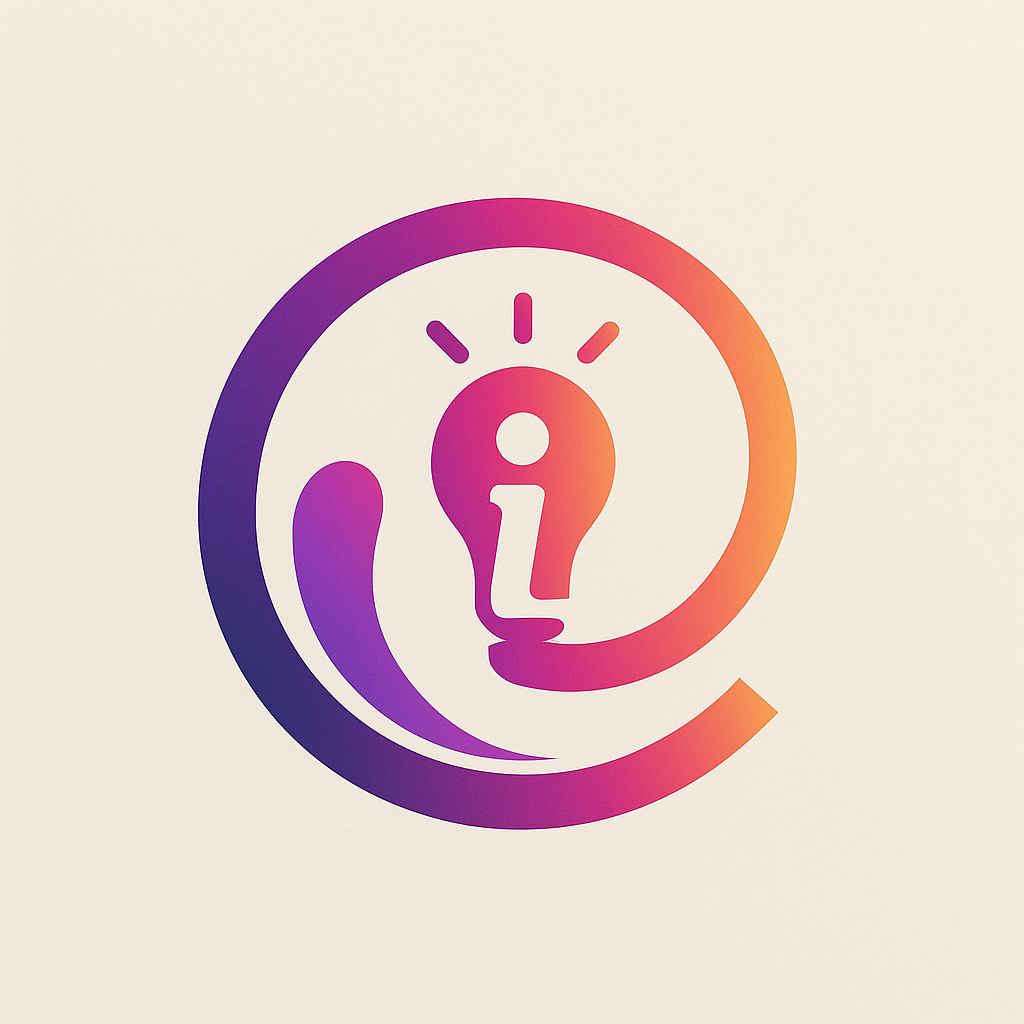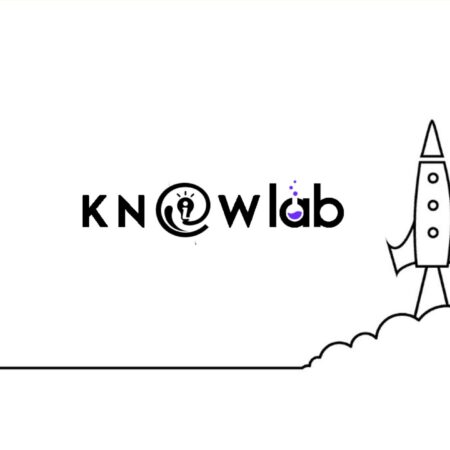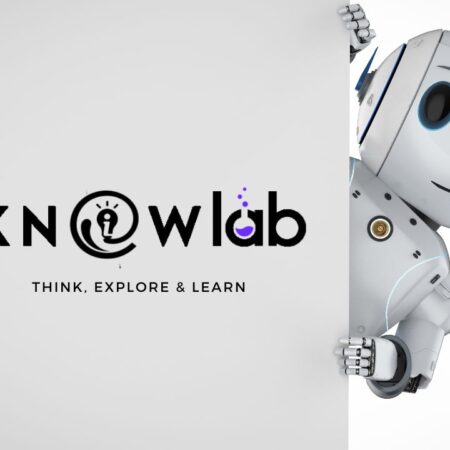How is Artificial Intelligence transforming the world? – Artificial Intelligence
What is artificial intelligence (AI)? Artificial intelligence refers to a machine’s or computer’s ability to mimic the functions of the human mind. AI uses various technologies to provide robots with human-like intelligence in organizing, reacting, understanding, learning, and sensing. AI systems can perceive their surroundings, recognize objects, make decisions, solve problems, learn from experience, and imitate examples. These skills are combined to perform tasks that generally need humans, like driving a vehicle or welcoming a visitor.
How does AI work?
Artificial intelligence states that guidelines govern innovative systems’ activities. It focuses on transferring human abilities and characteristics to a machine. The device will have to learn how to respond to specific actions. For example, a propensity model uses historical data and algorithms. Machines can learn from their mistakes to do complex processes often reserved for the human mind. The system automatically adapts from the information’s qualities and trends.
AI Transforming world
Artificial Intelligence (AI) has been a trendy term in recent years. It essentially refers to machines that mimic human intelligence and do some of the functions that a human brain can, such as interpreting language, solving problems, and learning from experience, among other things. Many B2B services have launched their own AI outsourcing services to gain a firm foothold in this industry. In this industry, significant changes are revolutionizing healthcare, manufacturing, marketing, and financing, among other things. People and businesses are increasingly turning to robots, machine learning, and artificial intelligence (AI) to improve customer experiences and streamline their goods and processes. In addition, AI is revolutionizing travel, communication, and entertainment, whether in the phones we use, the automobiles we drive, or the television we watch.
Artificial intelligence has advanced far beyond theories and myths, and it is no longer considered science fiction. Even if some of the more advanced types of AI, such as fully autonomous cars or super medicine that can cure major ailments, have yet to arrive, its presence can be seen in nearly every facet of human life. A cursory examination of AI and its consequences for humanity and humans will only scrape the surface. However, one thing is sure: AI’s future is bright.
We already have a slew of AI tools and software that tailor tasks for users based on their performance. This can range from developing a training plan to teaching a class. But that isn’t the case. We can give a solution to complement and enhance climate change measures using Artificial Intelligence. We can collectively construct a better future to live in by using AI-powered sensors to monitor the climate and give task-based reports. Not only can AI help the environment, but it can also help us develop a better ecosystem. Take, for example, traffic and automobiles.
Artificial intelligence’s impact on many sectors, occupations, and the workplace is viewed positively and negatively by others. Some AI tools also help to determine smart investment plans with the help of recorded data. AI can automate a considerable amount of skilled work; nevertheless, this affects the human resources available in the same specialized profession. AI can accomplish single jobs automatically, one at a time; however, many industries require many activities. As of today, AI is not capable of multitasking.
Impact of AI
Artificial intelligence’s transformational impact on our world will have far-reaching financial, social, economic, and regulatory repercussions that we must examine and plan. Some issues include determining who is to blame if an autonomous vehicle injures a pedestrian or managing a worldwide independent weapons race. Another concern is ensuring that AI does not become so good at accomplishing the job created that it breaches ethical or legal lines. Whereas the AI’s initial aim and purpose were to benefit humanity, it would harm civilization if it chose to achieve the desired goal in a harmful manner. Therefore, the algorithm is designed to be compatible with humans’ broader goals.
Positive Impact
Artificial intelligence can significantly increase our workplaces’ efficiency while augmenting the jobs humans can accomplish. When AI takes over mundane or dangerous duties, it relieves the human labor to focus on tasks requiring creativity and sensitivity, among other skills. As a result, people’s success and work satisfaction may enhance if they do work they enjoy.
Artificial intelligence will significantly impact your life unless you opt to live away and never aim to engage with the modern world. While there will be numerous learning opportunities and challenges as the technology expands into new applications, it is expected that artificial intelligence will have a societal influence that is more positive than harmful.
Reach out to us and follow us Alt4.in




